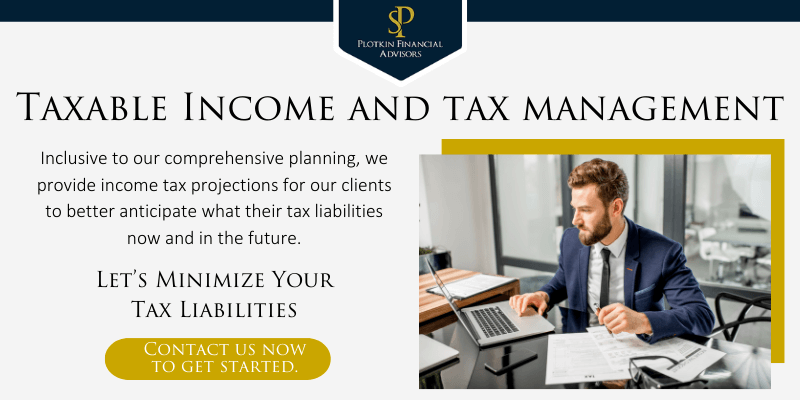Starting early and organizing your receipts, forms, and other essential tax documents can prove to be highly advantageous for both you and your tax preparer.
In this article, we will explore the importance of tax planning, understand the different types of tax deductions, and highlight the significance of incorporating retirement and estate planning into your overall tax strategy.
Understanding the Importance of Tax Planning for the New Year
Consolidating all the relevant information in one place streamlines the process and ensures that you don’t overlook any crucial details.
Additionally, referring to your previous year’s tax return can serve as a valuable tool in identifying any potential oversights. Even if you have an accountant who handles most of the legwork, it is vital for you to stay informed about your tax planning.
Standard Deduction versus Itemized Deductions: Knowing the Difference
To make informed decisions about your tax deductions, it is crucial to understand the distinction between the standard deduction and itemizing your deductions.
Following the significant changes made in 2018, which resulted in an increase in the standard deduction, you and your accountant should consider whether itemizing your deductions or sticking with the standard deduction would be more beneficial for your specific situation.
In 2019, the standard deduction for single filers was $12,200, and for married couples filing jointly, it rose to $24,400. Engaging in a discussion with your tax preparer regarding the potential deductible items you qualify for and the tax credits you may be eligible for is highly recommended.
By understanding the difference between the two options, you can determine which one provides the greatest tax benefit for your particular circumstances.
Incorporating Retirement and Estate Planning into Your Tax Strategy
Furthermore, when assessing your tax planning, it is vital to address estate planning needs as well. If the value of your estate is below $11.4 million, you can benefit from the increased exclusion amount for federal estate taxes. This means that your heirs will not be burdened with federal estate taxes after your passing.
Key Takeaways for Effective Tax Planning
- Stay organized and be aware of tax regulations, deductions, and credits to optimize your tax strategy and maximize your financial resources.
- Engage in early discussions with your tax preparer and investment advisor to ensure a smooth tax season and address retirement and estate planning needs.
- Taking charge of your tax planning sets the foundation for a prosperous financial future.
- Remember, proper tax planning can lead to significant savings and better financial management.
Tax planning is the process of analyzing a financial plan or a situation from a tax perspective. The aim is to ensure tax efficiency, with the elements of the financial plan working together in the most tax-efficient manner possible.
Tax planning can help you reduce your tax liability, keep track of when various taxes are due, and prevent costly mistakes. It can also help you take advantage of tax credits and deductions, and plan for future tax liabilities.
Start by gathering all necessary documents such as W-2s, 1099s, receipts for deductible expenses, and records of contributions to retirement accounts. Organize these documents by category. Also, consider using tax software that can guide you through the process and ensure you don’t miss anything important.
Create a dedicated space for your tax documents. Use file folders to categorize and store documents. Digitize your documents for easier access and organization. Keep track of important tax dates and deadlines.
Common tax-filing mistakes include: not reporting all income, forgetting to claim eligible tax credits and deductions, miscalculating amounts, and filing late.
To avoid mistakes when filing your taxes, double-check all entries, use tax software or hire a professional tax preparer, stay organized with your tax documents, and start the tax filing process well before the deadline.
If you need help filing your taxes, consider hiring a certified public accountant or a tax attorney. You can also seek assistance from tax preparation companies. Alternatively, if you have a simple tax scenario, consider using tax software that offers live assistance.






